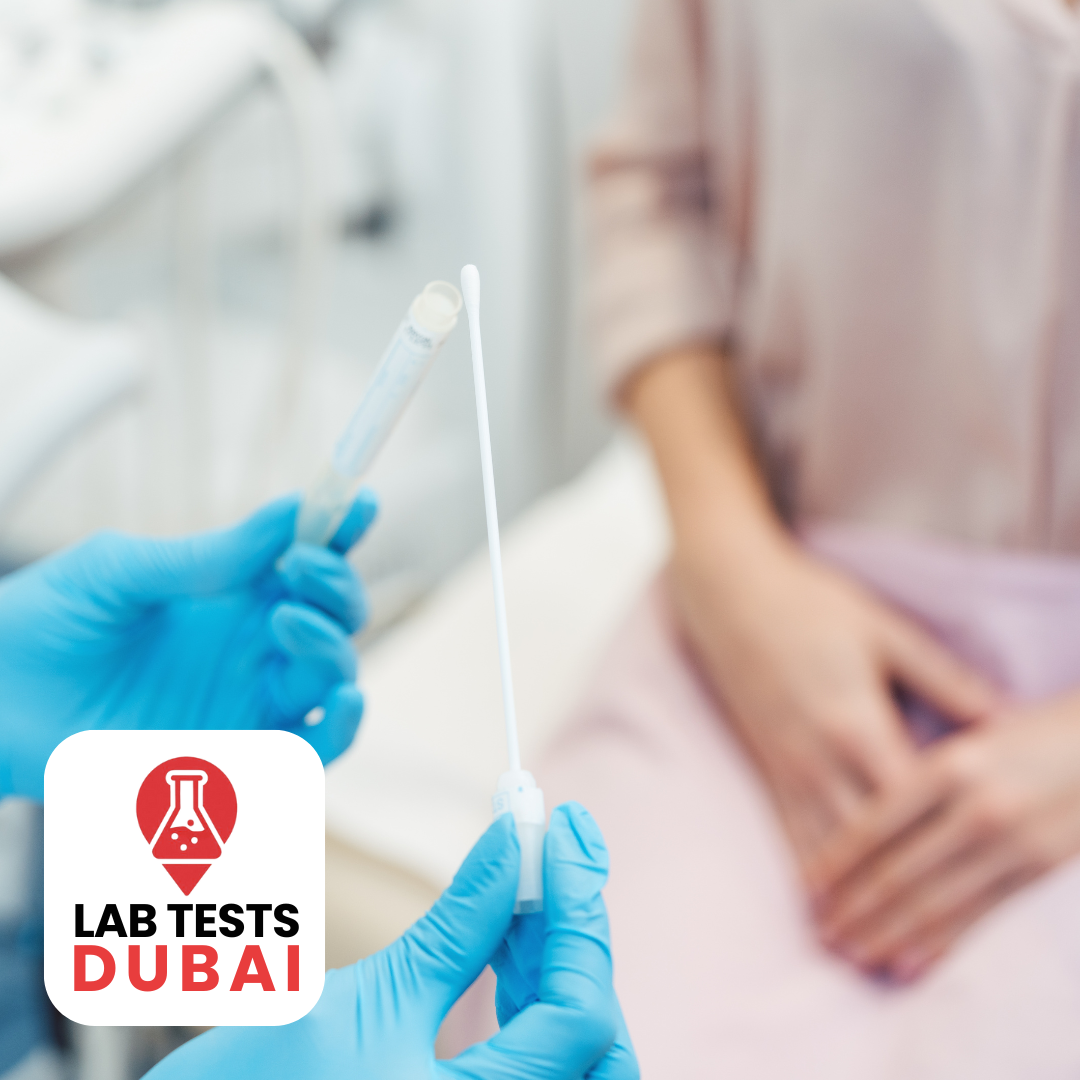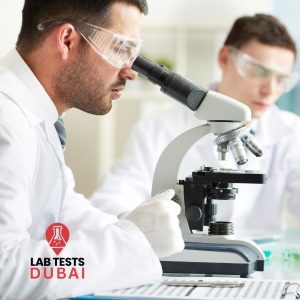Mycoplasma Genitalium & Hominis Test – Detect Hidden STIs with PCR Accuracy
200,00 د.إ
The STD PCR Single – Mycoplasma Genitalium & Mycoplasma Hominis Test is a crucial diagnostic tool for detecting two often-overlooked sexually transmitted infections (STIs)
Description
Why You Need This Test?
The STD PCR Single – Mycoplasma Genitalium & Mycoplasma Hominis Test is a crucial diagnostic tool for detecting two often-overlooked sexually transmitted infections (STIs) that can cause serious reproductive and urinary tract complications if left untreated.
Unlike common STIs such as chlamydia or gonorrhea, Mycoplasma genitalium and Mycoplasma hominis are not part of routine screening—but they can lead to urethritis, cervicitis, pelvic inflammatory disease (PID), and even infertility.
This highly sensitive PCR (Polymerase Chain Reaction) test identifies the genetic material of these bacteria with exceptional accuracy, enabling early diagnosis and targeted treatment—especially important since symptoms are often mild or absent.
Whether you’re experiencing unexplained genital discomfort, have a new sexual partner, or want comprehensive sexual health screening, this test gives you peace of mind and control over your health.
Symptoms That Indicate This Test
You should consider getting tested if you experience any of the following:
In Men:
- Burning sensation during urination
- Urethral discharge
- Itching or irritation inside the penis
- Pain or swelling in the testicles (rare)
In Women:
- Abnormal vaginal discharge
- Pain during intercourse
- Bleeding between periods or after sex
- Lower abdominal pain (sign of possible PID)
However, many people show no symptoms at all , making regular screening essential—especially if you are sexually active with multiple partners or your partner has been diagnosed with an STI.
Natural Production & Transmission
Mycoplasma genitalium and Mycoplasma hominis are bacteria naturally found in the urogenital tract , but when present in high levels or introduced through unprotected sexual contact, they can become pathogenic.
These organisms:
- Are transmitted through vaginal or anal intercourse
- Do not survive long outside the human body
- Can colonize the urinary and reproductive tracts without causing immediate symptoms
While some individuals may carry low levels asymptomatically, elevated bacterial loads can disrupt the natural flora and lead to infection and inflammation.
Because they lack a cell wall, these bacteria are resistant to certain antibiotics (like penicillin), making accurate identification via PCR testing essential for effective treatment.
What Happens If Untreated
Ignoring or missing a Mycoplasma infection can lead to severe health consequences:
- In Women:
- Pelvic Inflammatory Disease (PID)
- Chronic pelvic pain
- Increased risk of ectopic pregnancy
- Infertility due to fallopian tube damage
- In Men:
- Non-gonococcal urethritis (NGU)
- Epididymitis (inflammation of the testicular tube)
- Reduced fertility
Additionally, untreated infections increase the risk of contracting or transmitting HIV due to genital inflammation.
Early detection through PCR testing ensures timely, targeted antibiotic therapy and helps prevent long-term reproductive harm.
How to Prepare for the Test
Preparing for this test is simple and non-invasive:
- Avoid urinating for at least 1 hour before sample collection to ensure adequate cells in the urine.
- For urine tests: Collect the first-pass (initial stream) urine —this contains the highest concentration of pathogens.
- Avoid using antiseptics or douches 24 hours prior.
- No fasting required.
- Inform your doctor about recent antibiotic use, as it may affect results.
The test can be performed using urine, vaginal swab (female), or urethral swab (male) , depending on symptoms and clinical need.







Reviews
There are no reviews yet.